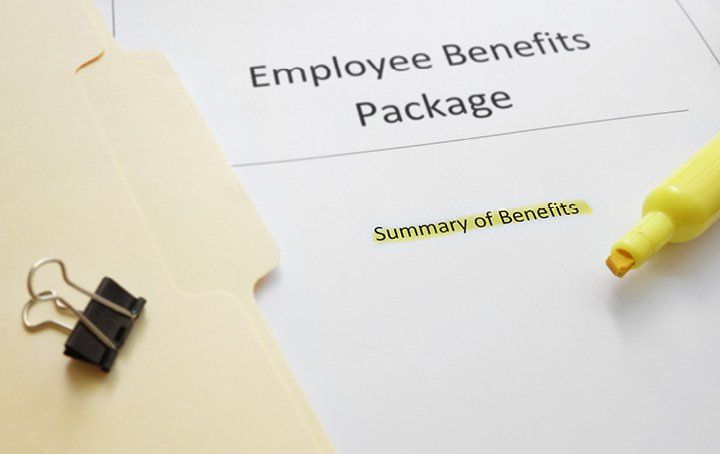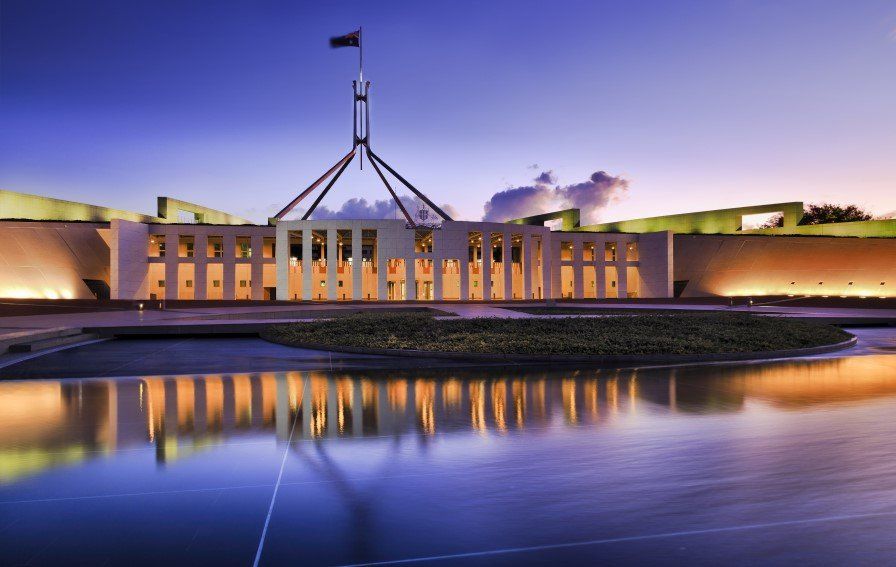Will credit card surcharges be banned?

If credit card surcharges are banned in other countries, why not Australia? We look at the surcharge debate and the payment system complexity that has brought us to this point.
In the United Kingdom, consumer credit and debit card surcharges have been banned since 2018. In Europe, all except American Express and Diners Club consumer surcharges are banned. And in Australia, there is a push to follow suit. But, is the issue as simple as it seems?
The push for change
The Reserve Bank of Australia (RBA) launched a review in October 2024 of Merchant Card Payment Costs and Surcharging. The review explores whether existing regulatory frameworks are still fit for purpose given the rate of technological change and complexity, and if there is a need for greater transparency – surcharges, transaction fees, and the way in which payments are regulated, are all up for review. Ultimately, the review is about reducing costs to merchants and consumers.
In general, customers dislike surcharges and would be happy to see them go – they represent a personal loss of value in much the same way a discount is seen as a personal gain. And, they have support for a ban from the large credit card providers and financial institutions with the Australian Banking Association’s (ABA) submission to the RBA review saying, “The current surcharging framework is clearly not working and requires targeted reform. Consumers should never be surcharged for bundled costs like POS systems, business software products or other business incentives.” The reference to “business incentives” is where a higher fee is charged by the payment service provider to provide the merchant with reward points and other incentives.
The push for a ban accelerated when the government announced that it would ban debit card surcharges from 1 January 2026, subject to the outcome of the RBA review later this year.
If surcharges are banned for some or all payment methods, businesses currently charging surcharges will need to either absorb the cost of merchant fees or increase prices. The issue for many businesses is not whether to charge a fee, but the costs of accepting what is now the most common payment method – cash is free to transact, cards are a
facility to transact legal tender, not legal tender in and of themselves.
Small business pays 3 times more
While the average card payment fee in Australia is lower than the United States (which is close to double Australia’s rates), we pay a higher rate than in some other jurisdictions such as Europe. The RBA have flagged there might be room to improve this by capping interchange fees and/or introducing competition into how debit card payments are routed (allowing systems to default to the ‘least cost’ option available).
In Australia, it is not a level playing field when it comes to card transaction fees with a large disparity between fees paid by small and large merchants – small merchants pay around three times the average per transaction fee than larger merchants (large merchants are able to secure wholesale fees or utilise ‘strategic’ interchange rates). But even within the small business sector, fees vary dramatically with the cost of accepting card payments ranging from less than 1% to well over 2% of the transaction value.
How we use cards and digital transactions
The RBA are generally in favour of allowing surcharges, pointing out that they signal to consumers which payment methods offer better value and enable market forces to determine the dominant payment providers. And, this might be true for large purchases, but do we really notice when we’re tapping our phones or watches to grab that morning coffee?
Cards (including debit, prepaid, credit and charge cards) are the most frequently used payment method in Australia, accounting for three-quarters of all consumer payments in 2022.
According to the Australian Banking Association:
• Contactless payments now account for 95% of in-person card transactions, compared to less than 8% in 2010.
• Online payments, as a share of retail payments, have grown from 7% in 2010 to 18% in 2022.
• Mobile wallet (Apple Pay, Google Pay, etc.,) usage has grown from 1% of point-of-sale payments in 2016 to 44% in October 2024.
• Buy Now, Pay Later (BNPL) services, virtually unknown 8 years ago, are now used by nearly a third of Australians.
When are surcharges allowed
In the days before the RBA’s surcharge standard, it was not uncommon for businesses to apply a flat 3% surcharge.
The surcharge rules enable merchants to surcharge consumers for the “reasonable cost of accepting card payments”.
This means:
• A business can only charge a surcharge for paying by card/digital wallet, but the surcharge must not be more than what it costs the business to use that payment type. These costs, measured over a 12 month period, can include gateway costs, terminal costs paid to a provider, and fraud prevention etc., if they relate directly to the card type being surcharged.
• Payment suppliers must provide merchants with a statement at least every 12 months that includes the business’s average percentage cost of accepting each payment type.
• If a business charges a payment surcharge, it must be able to justify how the surcharge fee was calculated.
• If the surcharge applies to all payment types regardless of type, it must not be more than the lowest surcharge set for a single payment type.
• If there is no way for a customer to pay without incurring a surcharge, the business must include the surcharge in the displayed price. That is, if your customer cannot use cash or another payment method that does not incur a surcharge, then the price displayed must include the surcharge.
The RBA estimates that, on average, card fees cost:
Card type Fee
Eftpos less than 0.5%
Visa and Mastercard debit between 0.5% and 1%
Visa and Mastercard credit between 1% and 1.5%.
Source: RBA
Excessive surcharging is banned on eftpos, Debit Mastercard, Mastercard Credit, Visa Debit and Visa Credit. The Australian Competition and Consumer Commission (ACCC) reportedly stated that excessive surcharge complaints increased to close to 2,500 in the 18 months from the start of 2023.
Tax on surcharges
If your business charges goods and services tax (GST) on goods or services, then GST should also apply to any surcharge payments made.
Need Help with your Business, Bookkeeping, Tax or SMSF requirements?
If you would like a little help, please get in touch with us for assistance. We can help with your business, bookkeeping, tax and SMSF requirements.
Please also note that many of the comments in this publication are general in nature and anyone intending to apply the information to practical circumstances should seek professional advice to independently verify their interpretation and the information’s applicability to their particular circumstances. Should you have any further questions, please get in touch with us for assistance with your SMSF, business, bookkeeping and tax requirements. All rights reserved. Brought to you by RGA Business and Tax Accountants. Liability Limited by a scheme approved under Professional Standards Legislation.















